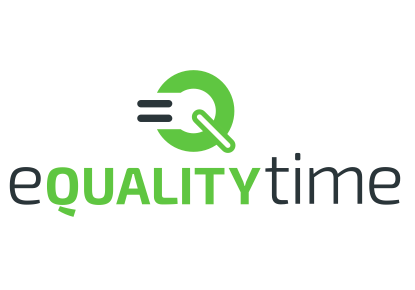Our Hashtag Poundsign project has its first contact with school students in the next few days and I have New Project Nerves. I have all of the fear in fact.
The best thing to do with that fear (for the project) is to think about all the things that could go wrong, and what we can do to make sure that they will go right, double check everything with the risk assessment, and move on from there (you can see the risk assessment here).
It’s a project that involves children, so child protection is absolutely key, and we have to make sure that we’ve thought of all the possible issues. In this, I’ve been helped by people at two other charities that shared their risk assessments for the online work they do.
There are risks inside the sessions: we’re going to be talking about fake news and internet safety, and it’s far from impossible that one of the students makes a disclosure of some form of online abuse. It’s also possible that a child discloses something after the sessions (the risk here is that we handle it badly, not disclosure itself), or that they are emotionally hurt by something that turns up in the sessions. I believe that these risks are very unlikely: White Water Writers has tackled difficult issues with students for years without an incident of this type, but it’s our responsibility to make sure that we’ve thought about everything properly.
Our domain experts/influencers are also a risk. These are people that are new to us, that we are bringing into contact with minors. Worse, they are people who are, by definition, easy for a child to contact online.
There are obvious things that we can do to compensate for this:
- DBS checks for influencers
- Strict and clear rules for influencers about what to do if one of the children gets in contact.
- Clear information for parents, including who spoke to their child.
There are less obvious actions we can take as well. I’ve moved away from the idea of doing video calls with influencers and now I want to do a private live stream, so that the communication is one way, and the teachers or staff members can pass on comments and questions. In such cases, anyone with the link to the private stream doesn’t get any information about the students.
What other risks are there?
- Many of the risks to the students also apply to the influencers (particularly because future influencers may themselves be children) and that should be accounted for.
- Reputational risk if it goes wrong (hardly important comparably)
The ‘if it goes wrong’ is quite an interesting one. I’m fully expecting the research to go wrong – that’s sort of the point and I’ve made it clear in every call that I’ve had with an influencer that I expect it to go wrong and that we’ll have to change a lot of things as we go on. I think this is broadly managed, but it is a little way down the list for me.
